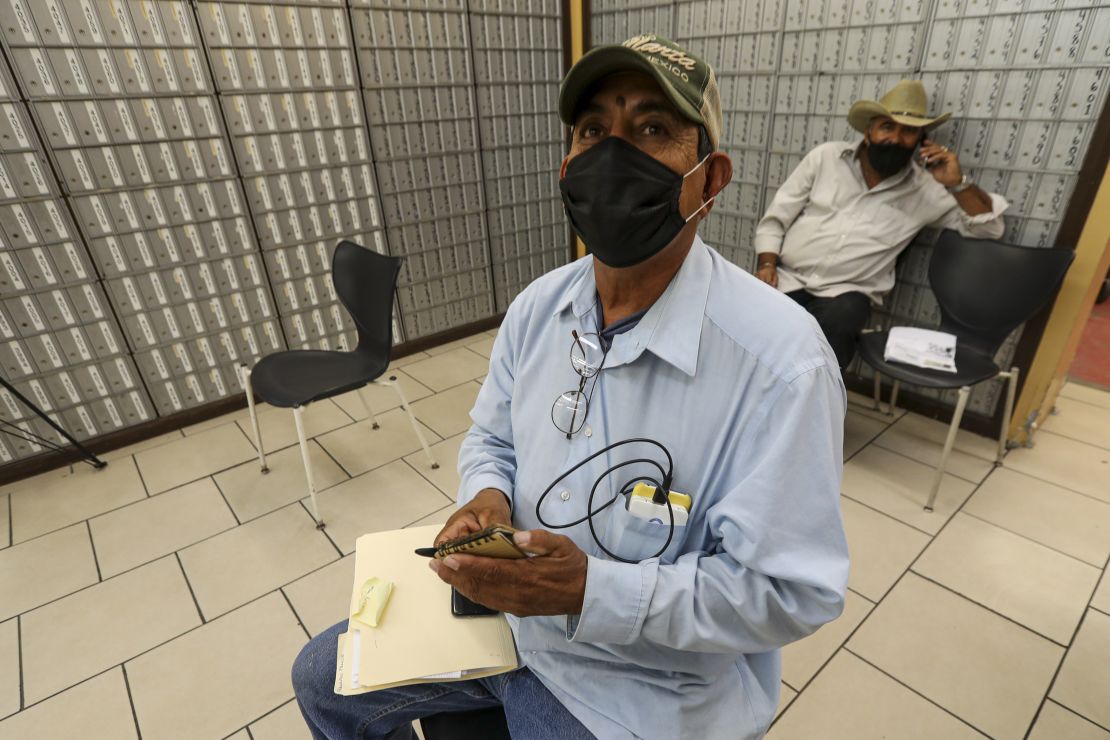Latino households in the United States are having more trouble making ends meet during the coronavirus pandemic than any other demographic group, according to a new Pew Research study.
The think tank released the findings from its latest American Trends Panel survey on Tuesday. The group’s researchers surveyed more than 9,600 US adults in April and June to complete its study.
The findings revealed Latinos now have a grimmer view of the economy than the general population due in part to how the coronavirus pandemic has affected their employment prospects.
About 59% of Latinos polled said they live in households where someone lost their job or had their pay cut due to coronavirus concerns during the month of May. Only 43% of US households overall said the same, according to Pew.
Hispanic unemployment peaked at 13.9% during the Great Recession that started in 2008 but this year the group’s unemployment rate rose from just 4.8% in February to a high of 18.5% in April, according to data from the US Bureau of Labor Statistics. The latter figure far outpaces the 12.8% April unemployment rate for non-Hispanic White Americans.
Unemployment for Black Americans peaked at 16.2% during the same month and Asian American unemployment was at 14.2%.

Pew Research Center Senior Writer and Editor Jens Manuel Krogstad, the study’s lead author, said the mass layoffs the country experienced between March and July occurred in business sectors, such as hospitality and health services, where Latinos are overrepresented.
Hispanic women in particular have experienced furloughs or seen many of their jobs disappear during the downturn, according to Krogstad. The unemployment rate for Hispanic women rose from just 5.5% in February to 20.5% in April, according to Pew. For Hispanic men, unemployment rose from 4.3% to 16.9% during the same span.
“It’s different than previous recessions where male sectors, such as manufacturing and construction, were the hardest hit,” Krogstad told CNN Business on Wednesday. “Job losses happened in sectors that are difficult to perform remotely.
It’s unclear whether the downturn has affected Latino US citizens differently than those who are undocumented. US-born Hispanics had an unemployment rate of 15.3% in June, slightly higher than the 13.5% rate for foreign-born Hispanics, according to the study.
Krogstad noted that immigrants overall have had a harder time economically during the recession.
“We do know immigrants tend to hold different types of jobs than those born in the US and it might affect how they’re impacted by the outbreak,” he said.























